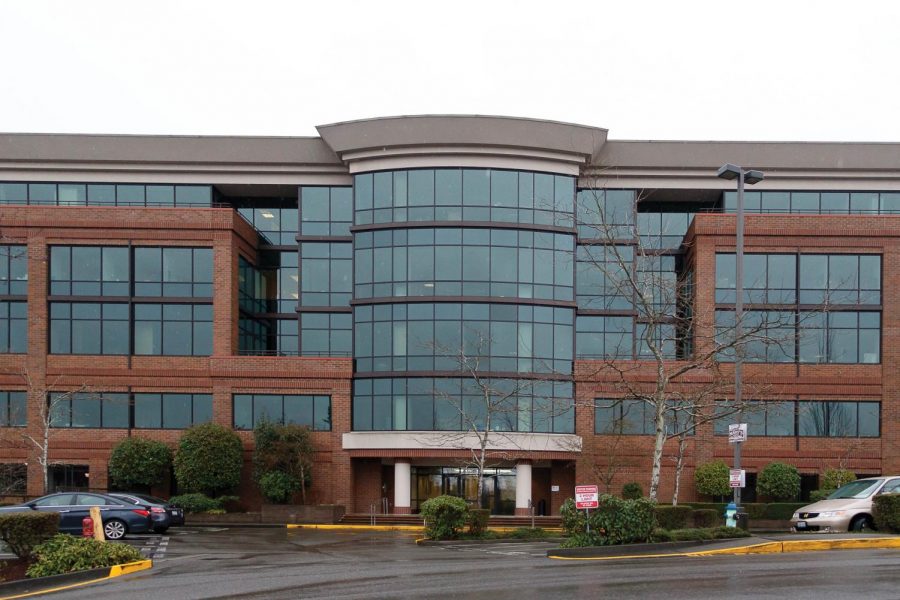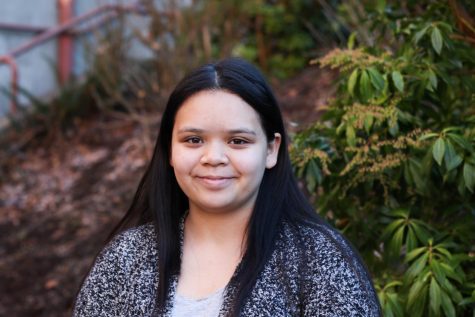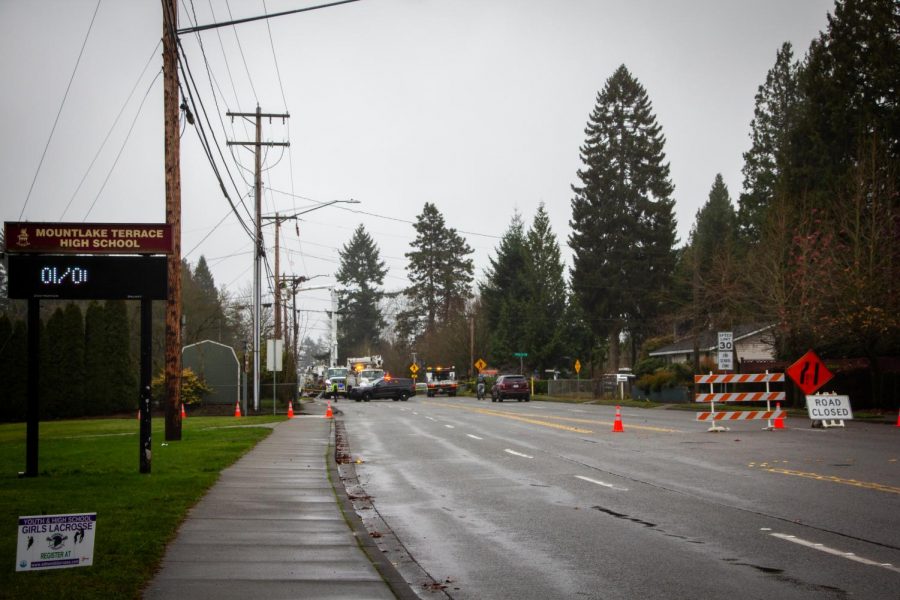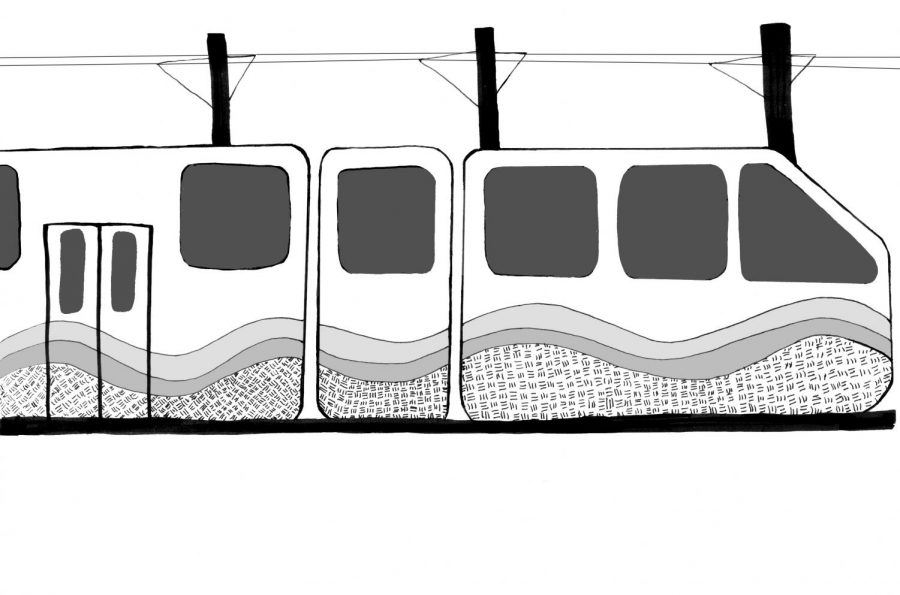On Nov. 7, 2017, voters in Mountlake Terrace approved Proposition 1 to fund a new and permanent City Hall with a 69.55 percent yes vote.
Since 2008, the city has been renting space for about $40,000 a month from Redstone Corporate Center to fulfill City Hall functions. The city had to vacate the old City Hall building after a ceiling collapse that made it unsafe.
The nearly $11 million project will be funded by a property tax levy on MLT residents, which will amount to about 27 cents per $1,000 of assessed property value for 2018. This amounts to about $81 a year for the owner of a $300,000 home. The levy is set to continue for up to 30 years in order to fully pay for the costs of the new City Hall.
In addition to funding a roughly 18,000 square-foot City Hall, the $12.5 million measure also funds a 3,000 square-foot expansion to the existing MLT police station. The police station expansion is meant to address current safety issues within the police department.
The pro-statement accompanying Prop. 1 on the ballot — written by Don Enochs, Sally Buckingham and Margaret Hyneman — clarified the importance of expanding the existing police station.
“Without this expansion we put our police at risk of spending time and resources correcting compliance issues rather than patrolling our streets,” the statement reads. “Expansion of the current Police facility will create a safe and positive workspace so our police can focus on serving and protecting our community and responding to emergency situations.”
It was ultimately decided to fund the police station expansion with this measure rather than previously approved general city bonds. MLT city council member Bryan Wahl felt using those previously approved bonds was irresponsible.
“I like the idea of being able to have those [bonds] available down the line for other purposes, whether it’s the Rec Pavilion or Ballinger Park or Main Street, or any of the other things we have coming down the line,” he said.
The lease for the current temporary City Hall is set to expire in 2020 and costs the city an excess of $400,000 each year.
MLT resident Dustin DeKoekkoek expressed his support for the proposition in the lead up to the vote, arguing that approving the levy to construct the permanent City Hall would be more practical and sustainable for the city.
“At $12.5 million, we’re able to build a facility to house our essential city services and provide a modest and needed expansion to our police station,” he said. “We’re currently paying nearly half a million in rent every year for interim City Hall. Prop. 1 will allow us to stop wasting money and start investing in our own facility on our own land.”
The measure approved by voters in November was not the first proposition put on the ballot by council to fund a permanent City Hall. The first measure, put on the ballot in 2010, would have cost $37.5 million; the second proposition, put on the ballot in 2012 and 2013, would have cost the taxpayers $25 million. Both propositions failed to achieve the 60 percent support necessary for capital bond measures to be passed.
After the previous three propositions failed, the city formed a committee of both supporters and opponents of the previous measures to create a new compromising measure that would cost less and still contain the essentials for the city’s service. The proposition, approved by the committee in July, was supported by council, who were confident it would reach more than 60 percent approval in November. Council members also decided to include the funding for the police station expansion in the proposition, against the recommendation of the committee, who felt the voters may not approve of the extra $1.5 million.
In 2016, voters in MLT approved a levy lid lift, which allowed the city to raise the property tax levy by up to 44 cents per $1,000 of assessed property value per year while the city crafted plans to build a permanent City Hall. The income from the increased levy would go toward paying the rent for the interim City Hall while the city actively engaged in crafting plans for the new building, which culminated in the recently approved proposition.
Opponents of the proposition felt the committee still had not reduced the costs of the City Hall by enough to justify an increase in the levy rate. MLT resident Leonard French, who wrote the con-statement accompanying the proposition on the November ballot, expressed this concern.
“Market data on building sizes and construction costs, which were never fully considered by the committee, suggest that a City Hall could be built for less,” said French, who had previously ran for a city council position. “Our current rent costs 16 cents per $1,000 of assessed value according to the city manager. This proposal would mean paying 27 cents per $1,000 for up to 30 years.”
Those who supported the proposition found those criticisms to be unfounded as they argued more money would be wasted on continuing to rent the City Hall space than constructing a modest City Hall that is $25.5 million cheaper than the first proposition in 2010. The more modest City Hall proposal was crafted by the committee through more than 30 public meetings and hundreds of comments from the community, which the pro-committee argued showed the new proposal was one the community, rather than just the city government, had crafted.
The committee worked through most of 2017 and organized dozens of committee meetings and informal meetings throughout the community to gather feedback from Mountlake Terrace residents,” DeKoekkoek said.
Before the ceiling collapse in 2008, the previous MLT City Hall lasted for nearly 50 years. Those in favor of the proposition argued that a new City Hall, built with modern construction standards, would last even longer, thus justifying the comparatively modest costs.
Voters ultimately felt the new City Hall and police station expansion was worth the property tax levy increase of 11 cents per $1,000 of assessed property value. The proposition passed with nearly 70 percent voter support, nearly 10 percent higher than what was necessary to proceed with the construction of the City Hall. The threshold needed to pass the proposition was 4,030 votes, with the proposition ultimately receiving 4,155 votes in favor and 1,261 votes opposed.
The approval of the proposition ends a nearly decade-long hunt by the city government for a permanent City Hall the community would agree to fund. After construction of the permanent City Hall is completed, the city will no longer need to lease office space. Voters responded positively to the cost consciousness of the committee that crafted the City Hall proposition and the extensive level of community involvement the committee used to craft the proposition, ultimately leading to its approval.








